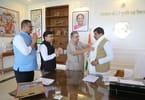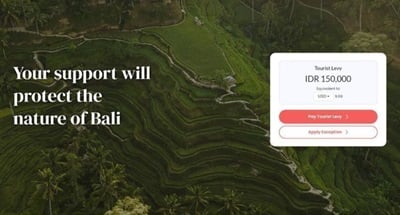September 13 was a historic day at the United Nations for the Marshall Islands. The Human Rights Council considered for the first time the environmental and human rights impacts of radioactive and toxic substances in nuclear fallout. And Marshall Islands citizens stood for the first time before this United Nations Council to offer survivor testimony on United States nuclear weapons fallout on the environment, health and life.
At Thursday’s United Nations Human Rights Council (HRC) meeting in Geneva, Switzerland, Marshall Island Minister of Foreign Affairs Phillip Muller ) praised Dr. Calin Georgescu for his integrity, commitment and professionalism in carrying out his mission to the Marshall Islands. Earlier in that day’s proceedings, Georgescu had presented an oral summary of his report assessing the impacts on human rights of the nuclear testing program conducted in the Marshall Islands from 1946 to 1958. That report found that nuclear testing “resulted in both immediate and continuing effects on the human rights of the Marshallese.” Minister Muller headed the RMI government delegation to the Council’s 21st session, which began on September 10. Also in that delegation were Rongelap Senator Kenneth Kedi and Foreign Affairs Advisor on Nuclear Issues Bill Graham.
As Special Rapporteur (SR) on the implications for human rights of the environmentally sound management and disposal of hazardous substances and wastes, Georgescu began his mission with a visit to Majuro in March, where he met with the people of Bikini, Enewetak, Rongelap and Utrik, RMI government officials, and various members of civil society including several non-government organizations (NGOs).
He also met with numerous US government officials during a visit to Wasington, DC, in April. The SR’s report includes 24 separate recommendations for consideration and action by the RMI, the US, and the international community.
“The nuclear testing program resulted in immense impacts on our human rights,” Muller said, adding, “It is time now to move beyond accusations and take action to resolve the very real human rights impacts which continue to exist as a result of the nuclear testing.”
WHAT TO TAKE AWAY FROM THIS ARTICLE:
- As Special Rapporteur (SR) on the implications for human rights of the environmentally sound management and disposal of hazardous substances and wastes, Georgescu began his mission with a visit to Majuro in March, where he met with the people of Bikini, Enewetak, Rongelap and Utrik, RMI government officials, and various members of civil society including several non-government organizations (NGOs).
- “The nuclear testing program resulted in immense impacts on our human rights,” Muller said, adding, “It is time now to move beyond accusations and take action to resolve the very real human rights impacts which continue to exist as a result of the nuclear testing.
- Earlier in that day's proceedings, Georgescu had presented an oral summary of his report assessing the impacts on human rights of the nuclear testing program conducted in the Marshall Islands from 1946 to 1958.






















